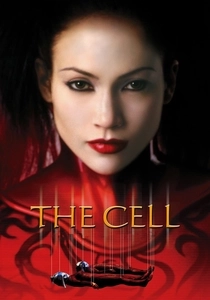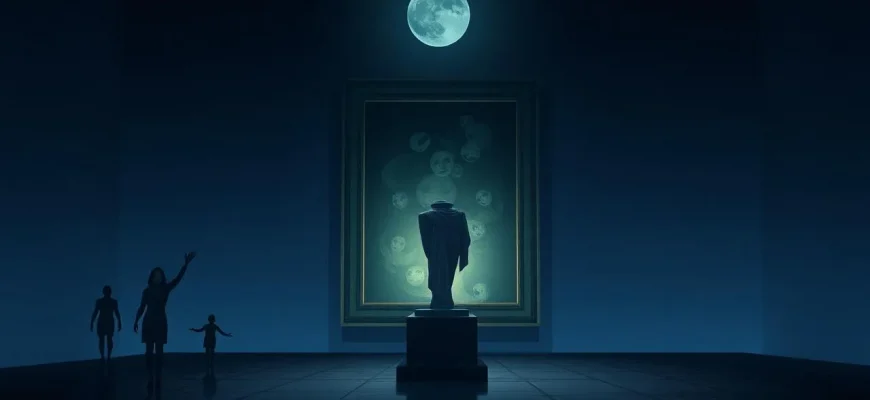Art has always been a medium for expression, but what happens when it takes a dark turn? This curated list of horror films delves into the unsettling intersection of art and terror. From haunted paintings to cursed sculptures, these movies offer a unique blend of creativity and fear, making them a must-watch for those who appreciate both art and horror.

The Phantom of the Opera (1925)
Description: This silent film classic features a disfigured musical genius who haunts the Paris Opera House. His obsession with a young singer leads to terror and tragedy, making it a perfect blend of art and horror.
Fact: Lon Chaney, who played the Phantom, created his own makeup, which was so effective that it terrified audiences.
 Watch Now
Watch Now 
The Black Cat (1934)
Description: This early Universal horror film features Bela Lugosi and Boris Karloff in a tale of revenge set in an art deco mansion. The film's use of architecture and art to create an atmosphere of dread is notable.
Fact: It was the first film to pair Lugosi and Karloff, setting a precedent for future horror collaborations.
 Watch Now
Watch Now 
The Picture of Dorian Gray (1945)
Description: This classic film adaptation of Oscar Wilde's novel explores the dark side of vanity through a portrait that ages while its subject remains eternally young. The painting becomes a symbol of moral decay and the horror of eternal youth.
Fact: The film was nominated for three Academy Awards, including Best Picture, and won for Best Cinematography.
 Watch Now
Watch Now 
The Red Shoes (1948)
Description: While not strictly a horror film, this ballet drama takes a chilling turn with its portrayal of obsession and the supernatural. The red shoes themselves become a cursed object, driving the protagonist to madness.
Fact: The film was inspired by the Hans Christian Andersen fairy tale of the same name, and its ballet sequences are considered some of the finest in cinema.
 Watch Now
Watch Now 
The Sentinel (1977)
Description: A model moves into a Brooklyn brownstone that turns out to be a gateway to Hell, guarded by a blind priest. The building's art and architecture are integral to the film's eerie atmosphere.
Fact: The film features a cameo by Burgess Meredith and was one of the first horror films to be released with an R rating.
 Watch Now
Watch Now 
The Cell (2000)
Description: A psychologist enters the mind of a comatose serial killer to save his latest victim. The film's surreal and artistic visuals create a unique horror experience.
Fact: The film's production design was heavily influenced by surrealist art, particularly the works of Salvador Dalí.
 Watch Now
Watch Now 
The Exorcism of Emily Rose (2005)
Description: This film, based on a true story, delves into the horror of demonic possession through the lens of a legal battle. The art of exorcism and its portrayal in the film adds a layer of terror.
Fact: The film was inspired by the real-life case of Anneliese Michel, whose exorcism and subsequent death led to a legal trial.
 Watch Now
Watch Now 
The House of the Devil (2009)
Description: Set in the 1980s, this film follows a college student who takes a babysitting job that turns out to be a setup for a satanic ritual. The house itself, with its eerie art and decor, plays a crucial role in the horror.
Fact: The film was shot on 16mm film to give it an authentic 80s feel, and it has become a cult classic.
 Watch Now
Watch Now 
The Artist and the Model (2012)
Description: While not a traditional horror film, this Spanish-French film explores the psychological horror of aging and the artist's obsession with capturing beauty, leading to a dark and unsettling narrative.
Fact: The film was nominated for Best Foreign Language Film at the 2013 Academy Awards.
 Watch Now
Watch Now 
The Neon Demon (2016)
Description: A young aspiring model in Los Angeles becomes the object of obsession and envy, leading to a descent into a nightmarish world where beauty and horror intertwine.
Fact: The film was shot in Los Angeles and features a neon-lit aesthetic that enhances its eerie atmosphere.
 30 Days Free
30 Days Free 








